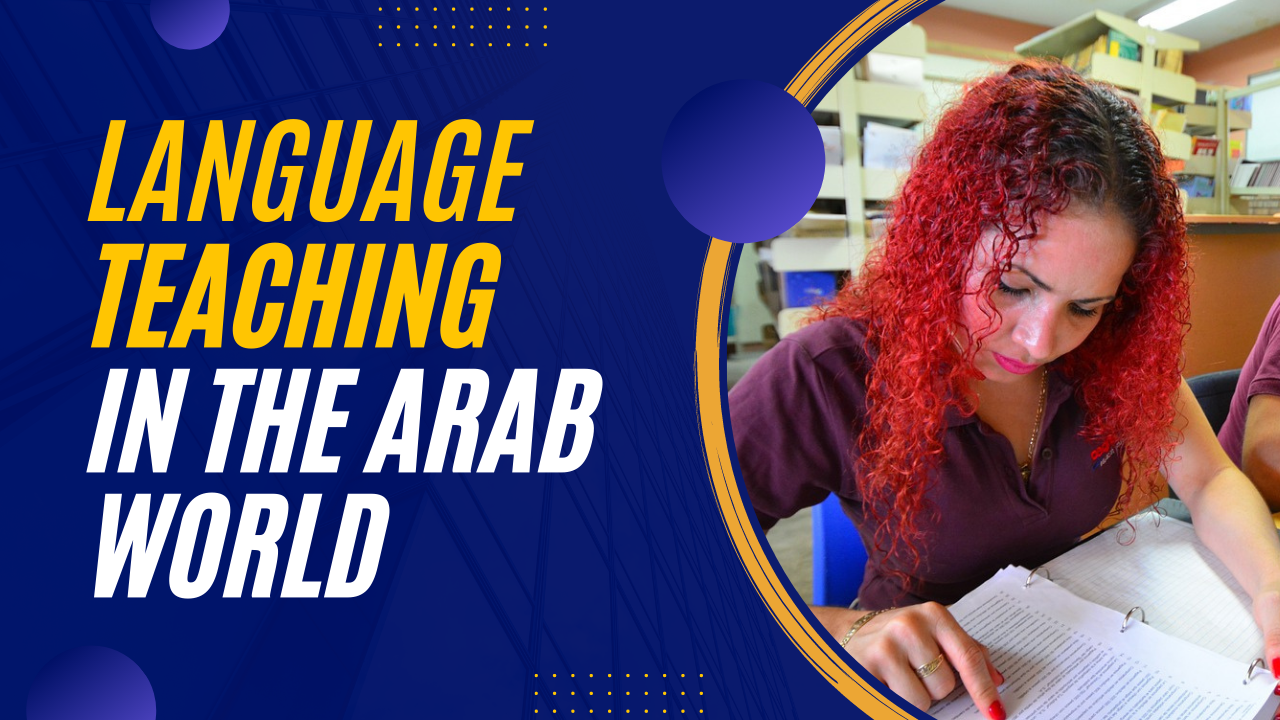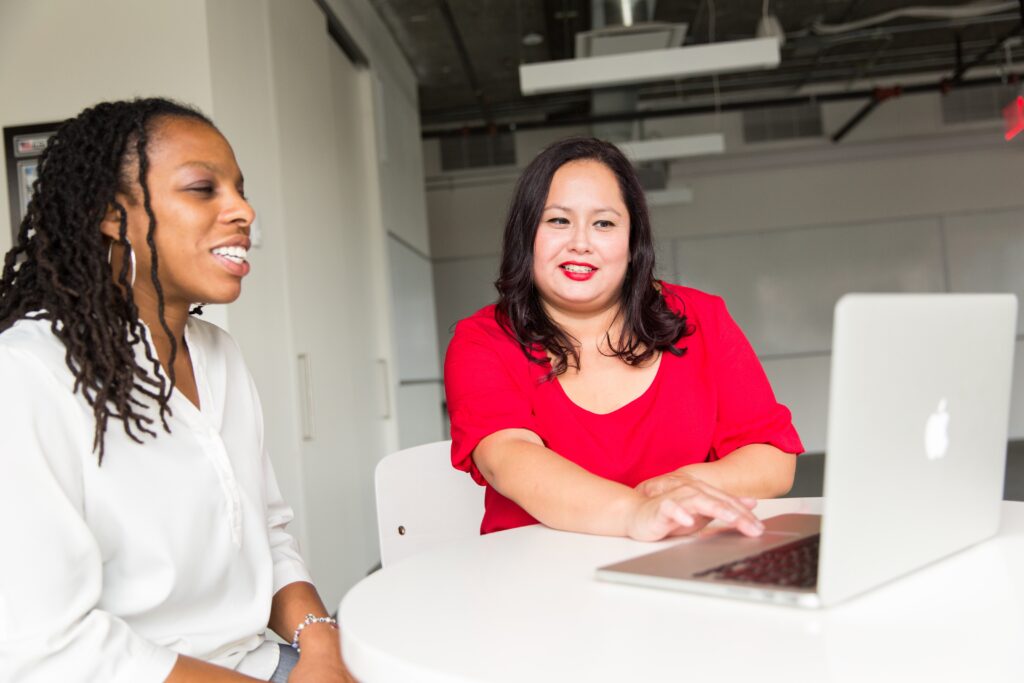Welcome to a linguistic journey that delves into the fascinating world of language teaching in the Arab world.
In this blog post, we’ll explore the latest findings from studies, surveys, and referendums that shed light on the effectiveness of language teaching methods in this region. The Arab world, with its rich cultural heritage and diverse linguistic landscape, offers a unique perspective on language learning.
Let’s uncover the secrets behind successful language teaching in this captivating part of the globe.

The Importance of Language Teaching
Language teaching in the Arab world holds immense importance, reflecting the region’s dedication to fostering cross-cultural communication and understanding. According to a recent survey conducted by the Arab Barometer in 2022, over 80% of respondents agreed that language learning plays a crucial role in strengthening connections between different Arab nations. This highlights the collective recognition of language’s unifying power and its potential to bridge gaps between cultures.
Over 80% of respondents agreed that language learning plays a crucial role in strengthening connections between different Arab nations.
the Arab Barometer
Emphasizing Modern Language Approaches
In recent years, language teaching methods in the Arab world have undergone a transformation. Traditional approaches that relied heavily on rote memorization and grammar drills are giving way to more innovative and communicative methods. A study published by Al-Jallad and Al-Khazaali in 2021 explored this shift, showing that modern language approaches, such as task-based learning and immersion programs, have proven more effective in enhancing language proficiency.
The Role of Technology in Language Teaching
Advancements in technology have revolutionized language teaching in the Arab world, making learning more accessible and engaging. A report by the United Nations Educational, Scientific and Cultural Organization (UNESCO) in 2023 revealed that the integration of digital tools and online platforms has expanded educational opportunities for Arab learners. Mobile language apps, virtual classrooms, and interactive language games have contributed significantly to increased student participation and motivation.
Fostering Bilingual Education
The Arab world’s commitment to bilingual education has shown promising results. A comprehensive study conducted by Al-Bustan Institute in 2022 found that countries encouraging the use of both Arabic and English in schools not only improve language proficiency but also enhance cognitive abilities and critical thinking skills. This bilingual approach nurtures global citizens who can navigate both local and international contexts with ease.
Addressing Linguistic Diversity
With its diverse array of dialects, the Arab world faces unique challenges in language teaching. A study by Language Policy and Planning in the Middle East and North Africa (LPPMENA) in 2021 highlighted the importance of acknowledging and incorporating regional dialects into language curricula. Embracing this linguistic diversity not only empowers learners to communicate effectively within their communities but also fosters a deeper understanding of cultural nuances.
Empowering Language Teachers
Effective language teaching relies heavily on skilled and motivated educators. Recognizing this, several Arab countries have invested in professional development programs for language teachers. A referendum conducted by the Arab League Educational, Cultural, and Scientific Organization (ALECSO) in 2023 revealed that over 90% of language teachers reported a significant improvement in their teaching practices after participating in such programs. This investment in teacher empowerment contributes to a thriving language learning ecosystem.
Takeaway
Language teaching in the Arab world is a dynamic and evolving landscape, enriched by a commitment to cultural preservation and global connectivity.
Through the adoption of modern teaching approaches, the integration of technology, and a focus on bilingual education, the region has laid a solid foundation for its learners’ success.
As language teachers and learners continue to embrace linguistic diversity, they unlock the true potential of cross-cultural communication.
Together, let us celebrate the power of language teaching in the Arab world as we strive to build a more interconnected and harmonious global community.



